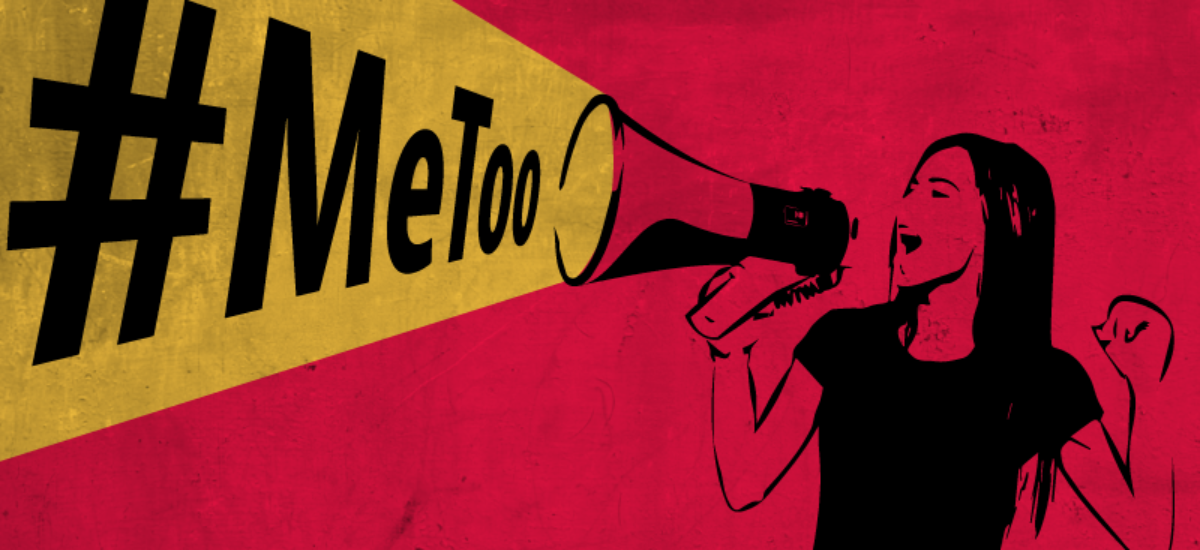Media Release
From: PLOSLink Between Workplace Sexual Harassment and Women’s Negative Self-Views May Be Weakening
Researchers conduct first analysis of changes in workplace sexual harassment since rise of #MeToo
A survey analysis suggests that, between 2016 and 2018, the relationship between workplace sexual harassment and women’s negative self-views weakened. Ksenia Keplinger and colleagues at the Leeds School of Business at the University of Colorado Boulder, USA, present these findings in the open access journal PLOS ONE on July 17, 2019.
Following the spread of the #MeToo and #TimesUp movements, public discussion of sexual harassment of women has soared. In light of this increased awareness, Keplinger and colleagues wondered how workplace sexual harassment of women might have changed in the last two years.
The researchers compared results from surveys conducted in September 2016 and September 2018. More than 500 women answered questions about their experiences with workplace sexual harassment, their self-esteem, and self-doubts. Participants were aged 25 to 45 and were full-time employees in the U.S.
Eighty-seven percent of the participants reported experiencing workplace sexual harassment. However, reported levels of unwanted sexual attention and sexual coercion dropped between 2016 and 2018. The researchers speculate this could be due to increased fear of negative consequences for perpetrators. Meanwhile, reported levels of gender harassment—non-sexual harassment stemming from negative gender views—increased, perhaps as a backlash to the new movement.
The analysis also showed a strong link between workplace sexual harassment and lower self-esteem/higher self-doubt, but this link weakened between 2016 and 2018. The researchers hypothesize that this diminished link was related to increased feelings of support and empowerment that the participants reported experiencing in response to the new movement. These findings represent the first analysis of changes in workplace sexual harassment that may have occurred between 2016 and 2018. Further work is needed to confirm the changes observed in this study, as well as their underlying causes.
The authors add: “We need to expand our focus on gender harassment and the ways that men and women can work together to improve workplace culture. The brave women who championed the #MeToo and #TimesUp Movements should know that their efforts are making a difference.”
#####


